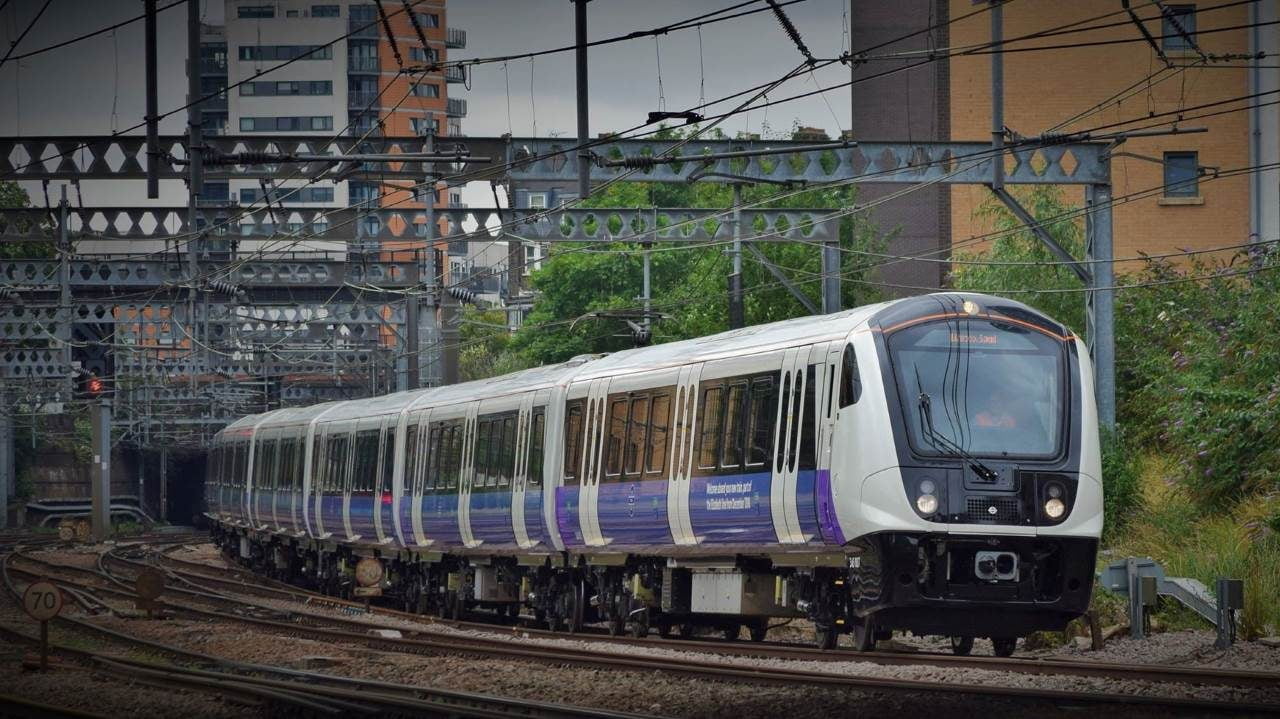Transport for London has announced the new operator of the Elizabeth Line.
GTS Rail Operations Limited, which is a joint venture between Go Ahead Group, Tokyo Metro and Sumitomo Corporation, have won the seven year contract, which is extendable for an additional two years.
GTS will take over from MTR Corporation (Crossrail) Limited in May 2025.
More than 700,000 people use the Elizabeth Line each day and the new operator says it will bring the best parts of Tokyo and London to the Elizabeth Line to optimise its operation.
“The Elizabeth line has had a transformational impact since opening in 2022 and has quickly become one of the most popular and reliable railways in the country. The railway has provided new, more direct journey options which has led to huge numbers of customers using our safe and accessible trains and stations.
“I am delighted that we have appointed GTS Rail Operations to continue to build on the success of the Elizabeth line and I look forward to working with them.”
Claire Mann, TfL’s Chief Operating Officer





Responses
Reliable elizabeth line? I dont think so. Alays delays cancels. The most unreliable line it is actually.
I thought the railways were going to be renationalised.
Why does the Elizabeth Line carriages smell as if they have been cleaned with a dirt mop?
Is it because they have been cleaned with a dirty mop?
I just pose this issue tor others to ponder as I do not have a solution to suggest. The Elizabeth Line, which I use often, is now struggling with capacity not only in rush hour but well into the shoulders of the peaks and in the late evening. The line is a victim of its own success. The capacity crunch is mainly between central London and outer West London. No GWR trains serve stations east of Slough at these times. Track capacity is probably at its practical limit. Yet there is a clear and obvious frequent service that is operating well below capacity, the Heathrow Express. The HEX serves little purpose strategically as the need to change at Paddington negates the speed advantage to most London destinations compared to the Elizabeth Line. If the HEX were shut down it would free up four paths an hour but paths on the fast lines not the relief lines where more paths are needed. So how could the available track capacity be utilised to make more seats available between Paddington and West Drayton? This problem is going to get worse as massive residential building work is evident along the line.
Might as well plan ahead to extend the Elizabeth Line from Dartford and Gravesend and upgrade the Class 345 trains with DC conductor shoebox so that they can operate on DC 750v 3rd Rail. And 10 more Class 345 trains ordered to increase the number of trains from 70 to 80.
From Abbey Wood to Dartford and Gravesend*
The Elizabeth Line should not be under TfL control because it serves so many stations that are not in London and therefore a population that has no vote for the Mayor of London. Ideally both the Elizabeth and Thameslink lines and Watford – Croydon via Kensington Olympia should be under the same management and a common cross-London brand possibly as part of GB Railways rather than TfL, which at least has some democratic oversight via the DFT, and Parliament.
Here Here. Very sensible suggestion
If it’s not under tfl control then fares go up